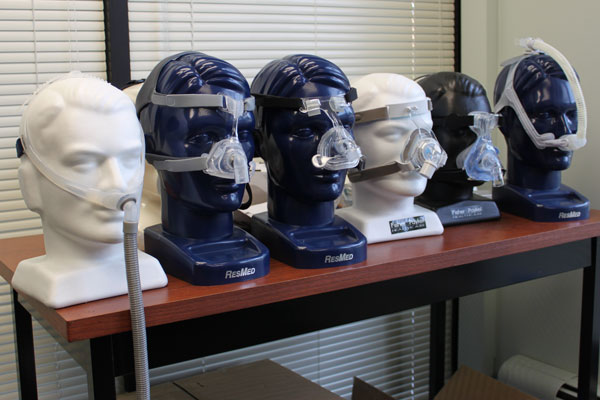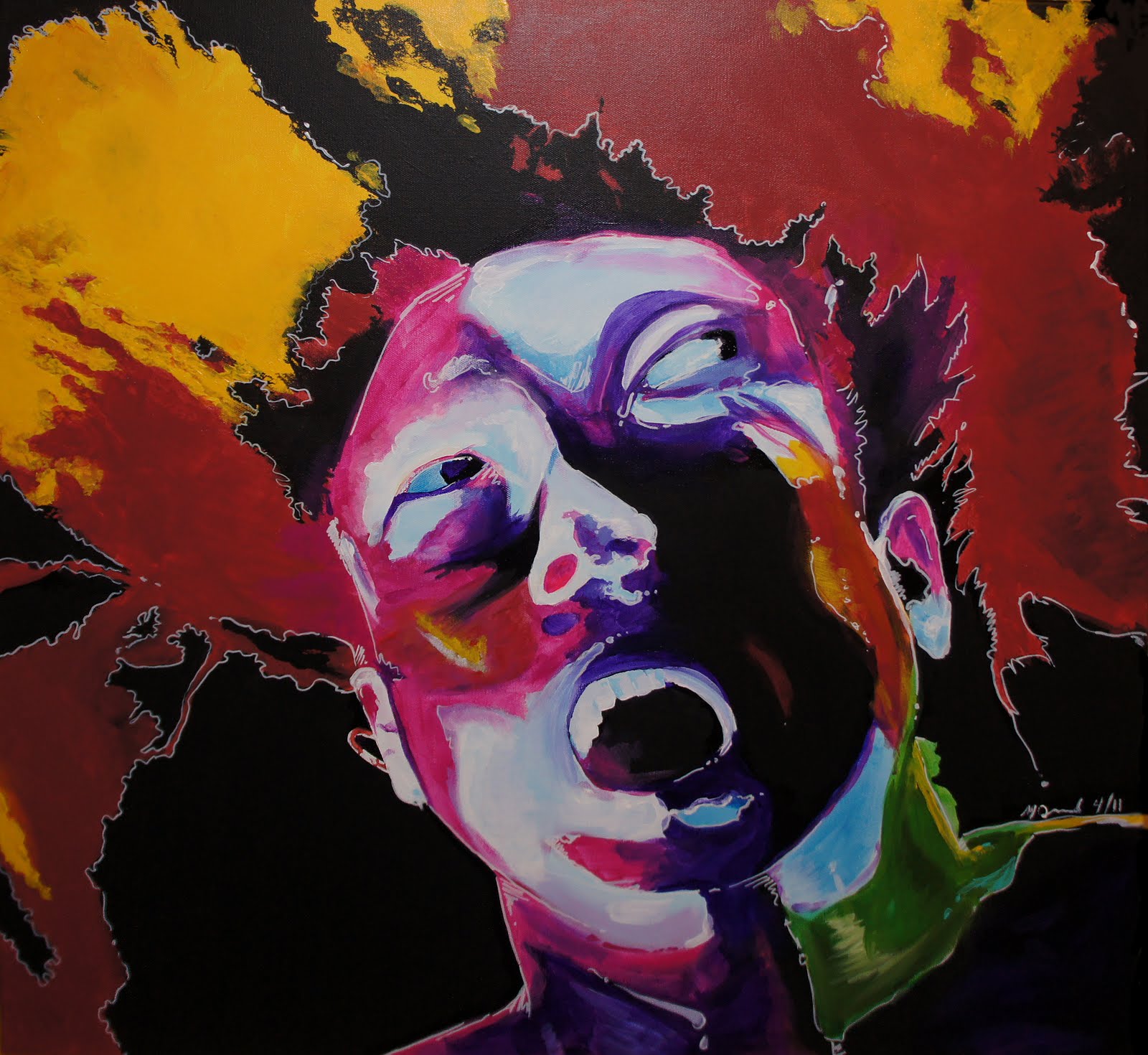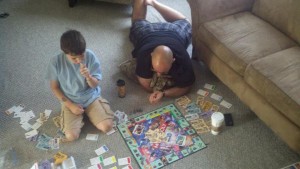OCD sometimes makes me feel adrift even when things are going well. I’m feeling it a lot these days and this post, originally written in 2010, captures the malady well.
Mood music:
[spotify:track:44sz0rNbTA687rs9CYi0IN]
There’s another byproduct of OCD that I’ve described indirectly before, but never head on. A byproduct for my own special blend of dysfunction, that is.
Sometimes, no matter how well things are going — and no matter how good my mood is when I wake up — I’ll sit at my desk and suddenly feel awash in melancholy.
It comes over me suddenly, and it can be even more frustrating than the black moods that hit me when there are visible troubles to spark it. When a wave of melancholy hits for no good reason, I sit here feeling like an idiot.
I start to contemplate doing things that are bad for me, like going and binging on $30 of junk food. It used to be that less than 10 minutes after a thought like that entered my head, I’d be doing just that. (See “The Most Uncool Addiction” for a better explanation of why this used to happen)
Things are going very well for me these days. Yet the blues persist.
As I sit here analyzing my head, an answer is emerging. What I’m feeling is adrift. Not in the sense that my life is adrift, because it’s never been more full of purpose. The adrift feeling is over things I can’t control.
Why yes, everything you’ve heard about OCD and control freakism is true. People like us crave control like a junkie craves a shot of smack to the arm. It grabs us by the nose and drags us down the road until our emotions are raw and bleeding.
That’s why I used to be such an asshole at The Eagle-Tribune. Every story I edited then went through three more editors and then to the page designer. Along the way, everyone after me had to take a whack at it. I’d hover over the poor page designers because it was the closest thing I had to control. Ultimate control would have meant laying out the pages myself. That would have been a stupid thing to do, mind you. I couldn’t lay out a news page to save my life.
When I was the assistant news editor for the paper’s New Hampshire editions, I was out a week when my son Sean was born. I came in one night to catch up on e-mail and saw the message where my boss announced my son’s birth. In it, he joked that I probably stood over the doctor and told him how to deliver the baby.
I wanted to punch him.
I saw red.
Because I knew that was something I could easily be pictured doing. It hit too close to the truth.
The control freak has emerged in a variety of other ways over the years. Getting stuck in traffic would send me into a rage because all I could do is sit and wait. Getting on a plane filled me with dread because I could only sit there and wait. There was the fear that the plane might crash. But the bigger problem for me was that I was at the mercy of the pilots, the air traffic and the weather. I had no control over the schedule, and that incensed me. Today, I love flying.
So what’s my problem now?
I think it’s that all the cool things going on right now are still in play. The various projects are set in motion, but now I have to sit and wait on others to work through their processes. A more normal person would just take these things as they come and just live in the moment. But I’m not normal.
I have to wait my turn. I don’t like that.
But then it’s appropriate that I should be made to feel uncomfortable about it, since I really have no business trying to control any of these things. Other people have their jobs to do, and I should trust them.
I’m working on it.
I handle it better than I used to.
And this particular strain of melancholy is like New England weather:
If I wait an hour, it’ll change.











